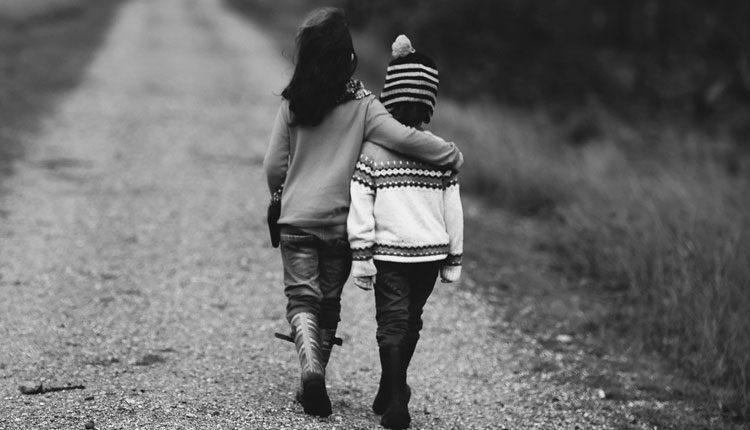
The Role of Siblings in Autism Families
Siblings of individuals on the autism spectrum have their own unique cross to bear. They are frequently overshadowed by the needs of their ASD sibling and the role they play in the family goes largely unaddressed by service providers.
Siblings should never be left in the dark about what autism is and what it means practically speaking. Very young siblings need to know they didn’t cause it and it’s not contagious. School age kids need the right words and imagery to explain their sibling’s ASD to themselves and to others. When my autistic son was eleven he said, “My brain is a guitar with an alternate tuning.” There’s a perfect analogy.
Siblings of autistic children often become their translators and ambassadors to the world at large. When the autistic child is melting down, they are frequently the one with the magic touch, gesture, or story to bring calm to a chaotic situation.
Teen siblings worry about the future care of their ASD siblings and what part they’ll be expected to play. Adolescents need to be part of the conversations around planning for the future. Their ideas need to be sought out and their feelings acknowledged. Adult siblings often end up supporting their brothers and sisters in adulthood, which can be very daunting. They require help navigating the service system and benefit from support groups for siblings of ASD individuals. SibNet, is an online group for adult siblings of people with disabilities where they can share information, ask questions and commiserate with one another.
Because the needs of autistic children are so all consuming, siblings experience isolation from family members, peers and the greater community. Sibs may mourn the lost opportunity of a “normal” sibling relationship and experience estrangement from their parents who are distracted. Many internalize their trials and tribulations, suffering in silence. They may suffer anxiety and anguish when their autistic sibling displays violent behavior.
I raised twins with autism, but one of my sons had other serious disabilities as well. His sibling was forced by circumstance to be the strong one, and while only 15 seconds older than his twin, was very much the older brother. He was the eye of the storm, and because he was such a good actor, it took a while for me to see just how deeply he himself was suffering. As a single mother with one child in and out of the hospital and the other situationally neglected, the pain ran deep for us all. Fortunately, the love runs even deeper and we emerged from our crises stronger and closer.
The bonds between siblings of ASD individuals have problematic aspects and real challenges, but they are also a source of great understanding, resilience, patience and empathy. Ariella Meltzer, a research fellow at the Centre for Social Impact at the University of New South Wales in Australia puts it this way, “It’s not that disability is this outside force. Disability is actually part of the relationship, it’s part of the essence, part of what’s communicated and felt between siblings.”
Siblings of autistic children are often fiercely protective of them and they may understand their brother or sister’s needs and abilities even better than their parents do. They take great pride in their siblings accomplishments, knowing just how far they’ve come. This closeness helps them to willingly assume the role of caregiver when the parents become too old to manage it any longer. They have an innate desire to see their autistic sibling through to a good place. The dynamics of autism families are fraught with peril, but forge remarkable bonds.
